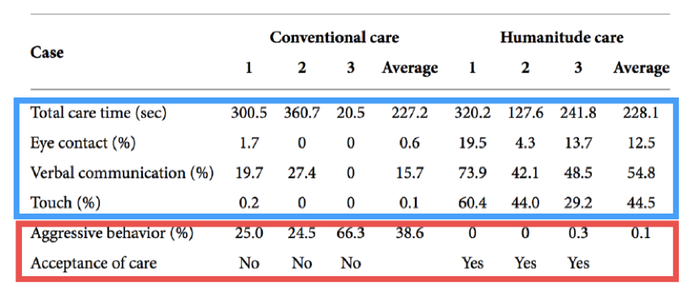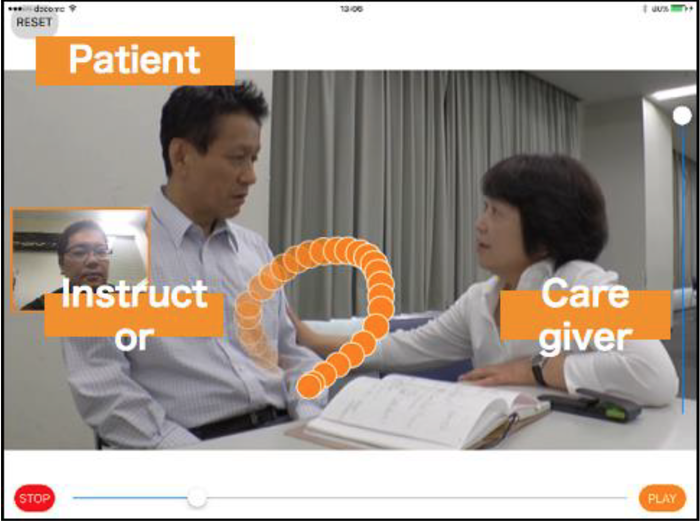Solving Social Issues Using AI
Solving Social Issues Using AI
September 11, 2018

by Krishna Manda
TOKYO - Japan's aging population is going to significantly impact the workforce and the overall economy. It is said that, by 2050, over 50% of the population will be above the age of 60 in Japan. The government is taking various steps in trying to solve this problem, including:
Increasing the age of retirement
Investing in better insurance and other products to keep the population healthy
Providing incentives to working mothers and giving them more opportunities
Incentivizing families to have more children
Identifying areas where immigration can be increased
At any point in time, it is said there is 10-15% inefficiencies in organizations, and improving this will drive significant efficiencies in the workforce. While the Japanese goernment is proactively taking these measures to tackle the issues ahead. some preventative measures also need to be taken to support the growing needs of the aging population. Ensuring there are enough beds and trained staff in nursing homes and building the right infrastructure for the aging population are key, but undoubtedly, technology can also play a vital role.
Countries across Asia and the rest of the world are looking to tackle demographic issues, and Japan will set the stage for how these other nations will act. Artificial intelligence will play a key role here.
Exawizards Inc, for example, has been actively involved in tackling dementia. What we call 'humanitude', roughly translated as 'to be human', is a specific care method that uses 150 parameters around verbal communication, touch, and eye contact to reduce and remove aggressive behaviour in dementia patients and improve their overall quality of life. This is made possible through the application of AI.
While working closely with a local care facility company in Japan, Exawizards has been collecting videos of the Humanitude care process. These videos are initially analyzed and labelled by a Humanitude care expert to mark specific areas of improvement using a red pen on the screen, and through verbal advice to nurses. The files are then collected and fed through a special algorithm which learns the care process automatically.
As the care method improves, so does the learning process, which ultimately leads to an autonomous AI for Humanitude. We term this 'AI coaching' or 'Remote Process Education'. The table below demonstrates the efficacy of Humanitude compared with conventional care methods.

The ultimate goal of this process is to improve the dementia patients' state, reduce the burden on nurses, and allow these patients to be taken home to their families. At home, the family would be able to use AI to help them better understand the care process and also correct any mistakes. This is the true power of AI: expert knowledge is augmented by a machine algorithm that helps us get closer to understanding social issues.
The work of Exawizards is just one example of how AI can help solve social issues. We aim to extend AI to general care for all elderly people, and not just dementia patients. Through our HR tech, we also hope to help more and more companies tackle social issues and contribute directly to SDGs and help improve society - both through proactive and preventative means.

Meet ExaWizards at The AI Summit Singapore exhibition, 18-20 September 2018.

About the Author(s)
You May Also Like


.jpg?width=700&auto=webp&quality=80&disable=upscale)
.jpg?width=700&auto=webp&quality=80&disable=upscale)
.jpg?width=700&auto=webp&quality=80&disable=upscale)
.jpg?width=300&auto=webp&quality=80&disable=upscale)
.jpg?width=300&auto=webp&quality=80&disable=upscale)
.jpg?width=300&auto=webp&quality=80&disable=upscale)
.jpg?width=300&auto=webp&quality=80&disable=upscale)
.jpg?width=300&auto=webp&quality=80&disable=upscale)